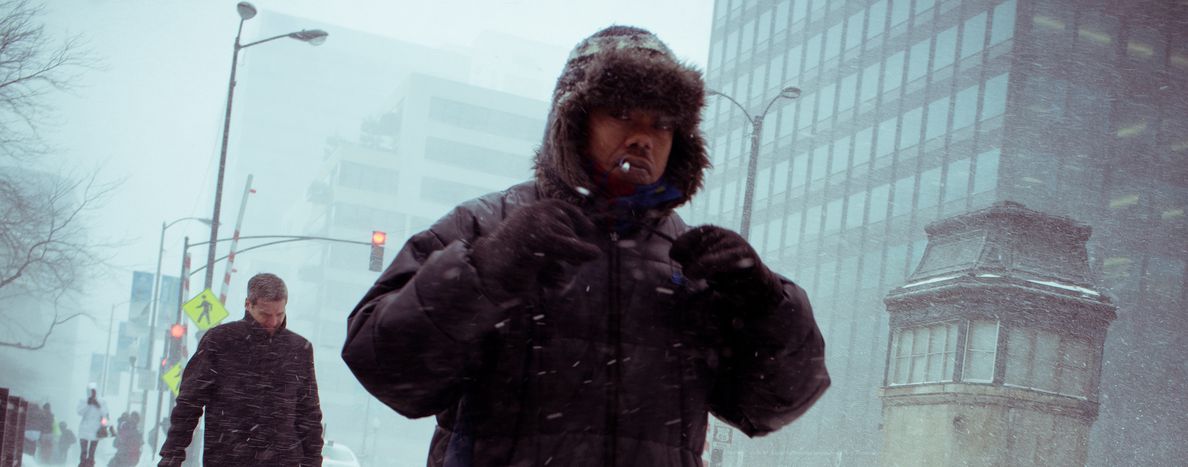
Winter is coming: Lost in a blizzard of European idioms
Published on
With the nights drawing in and a chill in the air, many of us will be wrapping up warm and heading out to explore one of Europe’s many Christmas markets or festive wonderlands. Europe has a tradition of embracing the encroaching winter with gusto, and its languages are no exception. Cafébabel takes a look at some wintery words and phrases from across the continent.
The Danish word Hygge means something along the lines of “that feeling you get wrapped up besides the fire with all of your friends and family, clutching a cup of hot chocolate, while the cold Scandinavian winter batters at the windows of your log cabin.” It has some elements of the English words cosy or snuggly, but is unique in its particular connection to family and friends.
Get some Hygge in your life with this easy recipe from Johnsen & Partners.
If you were to trade your Danish cabin for an Alpine chalet, the French verb s’emmitoufler might do as a substitute. It roughly translates as “to wrap up warmly”, perhaps in your favourite Christmas Jumper? Further south, the Italian phrase essere imbacuccato (to be bundled up in something), or the Spanish verb acurrucarse (meaning to cuddle, snuggle, or curl up next to a friend), could also do the trick, though you may have less use of wintry vocabulary on the shores of the Mediterranean!
It seems the warmer climate hasn’t stopped a little frosty language from creeping into certain Spanish sentences. Should you spend the festive season down south, you can still romper el hielo (or break the ice), in order to lighten the mood when you start a conversation with a local. If you come across a Frenchman however, be careful before employing too many icy words, as in France they tend to be derogatory. A person with a heart of ice (or coeur de glace), is one who had no feelings, and if he is "frosted" (il est givré), he’s gone completely mad.
If you accidently make a horrendous faux pas, and things quickly get out of hand, you can invoke the image of the humble snowball no matter where you are: Effetto palla di neve (Italian), faire la boule de neige (French), and convertir algo en una bola de nieve (Spanish), are all acceptable idioms for an exacerbating problem. What’s more, if you need to plead your innocence, you can always claim you are “white as snow”: candido come la neve in Italian, or blanc comme neige in French.
Prepare yourself for an international winter by learning the lyrics to 'Let it go' in over 20 languages. Source: DisneyMusicVEVO
For something a little different however, you’ll have to travel somewhere further north. Germany has a plethora of idioms to get your teeth chattering. The phrase sich wie ein Schneekönig freuen, has roughly the same meaning as the English idiom “to be pleased as Punch,” yet it invokes the name of a rather different character to the malevolent Italian puppet. Schneekönig literally translates as ‘Snow King’, and although the origins of the phrase remain unclear, the word was used in Saxony to ironically describe the former king of Sweden, Gustav Adolf, who by all accounts was a grumpy old so-and-so.
So if you're ready to get packing for a winter break, don’t forget to remember your idioms along with your fuzzy scarf. After all, as the Spaniards say (in one of their lesser known sayings): Cuando el grajo vuela bajo, hace un frío del carajo - “When the crow flies low, it’s cold as hell.”
---



